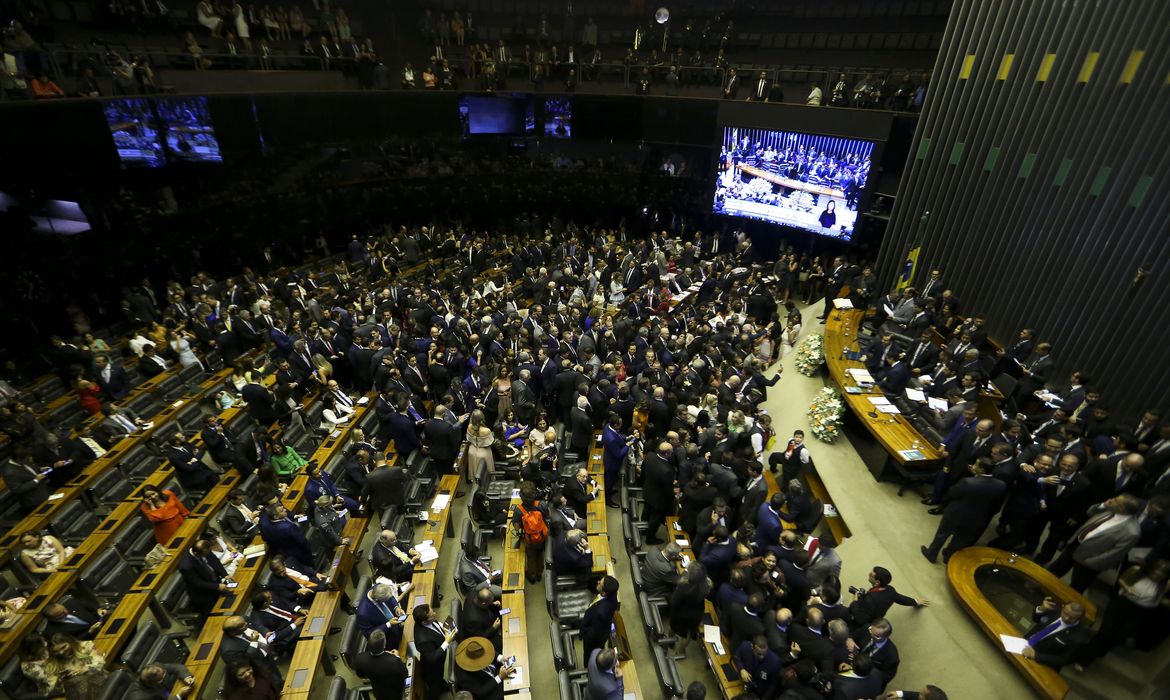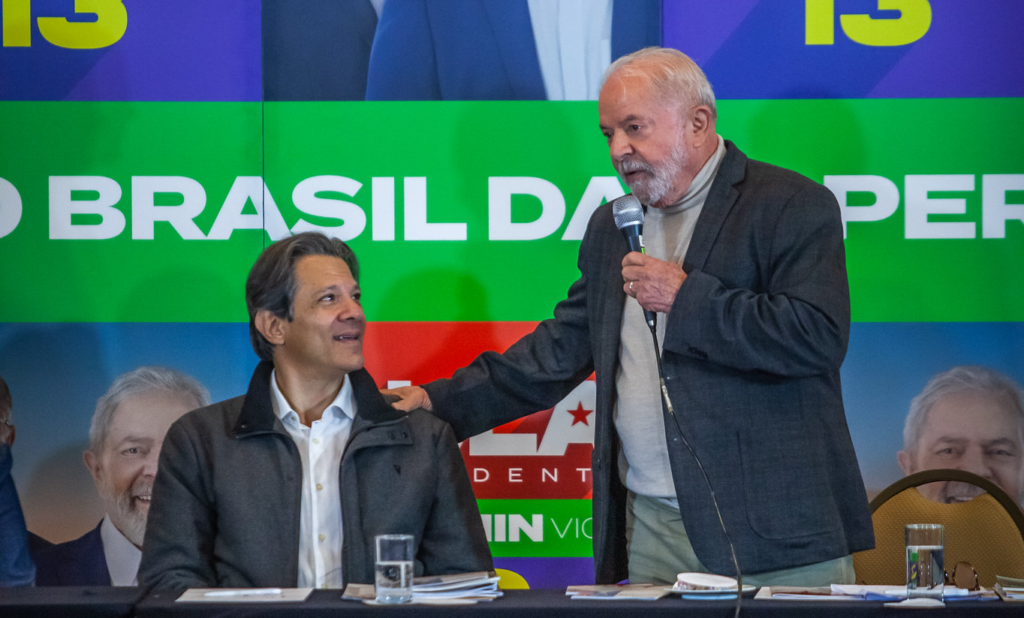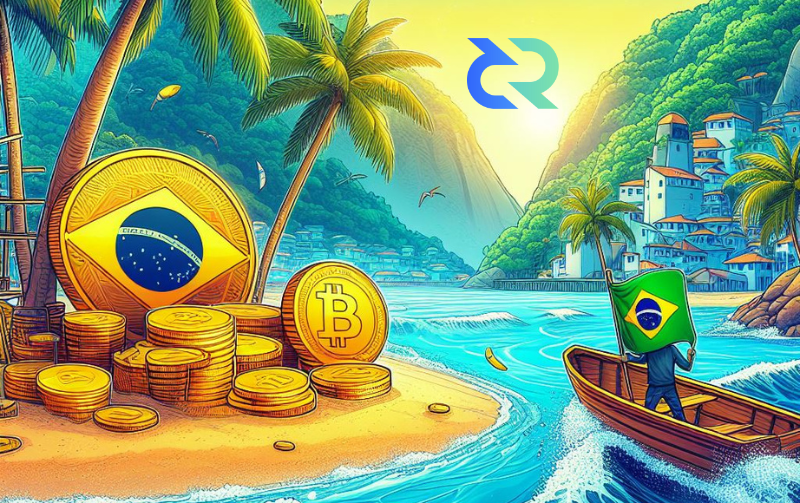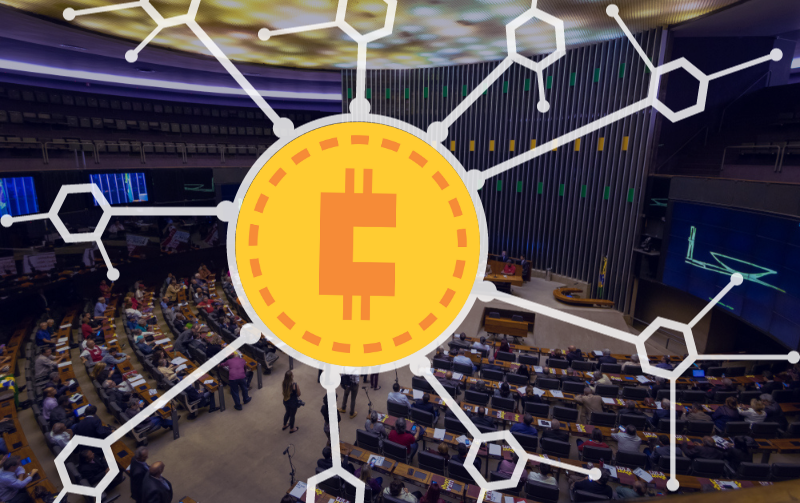The key factors that positioned Brazil as a significant player in the global cryptocurrency scene.
Brazil, a nation pulsating with vibrant culture and vast economic potential, is creating waves in the cryptocurrency market! While grappling with significant challenges tied to poverty and inequality, Brazil emerges not just as a country facing adversity, but as an innovation hub actively seeking solutions to boost its growth and foster social development.
The country has solidified itself as one of the world leaders when talking about crypto adoption, with an impressive use of Bitcoin (BTC) and other digital assets by individuals and corporations.
Let's delve into the key factors that positioned Brazil as a significant player in the global cryptocurrency scene. We'll examine the factors that contributed to the country's current standing, emphasizing its economic conditions, digital-savvy population, and regulation. Following this analysis, we will provide insights into the potential future trajectory of Brazil's crypto market. We'll explore possible avenues for development, considering emerging trends, regulatory dynamics, and the evolving tech landscape, offering readers a forward-looking perspective on Brazil's role in the global crypto industry.
The recent Crypto boom
Brazil has never had as many cryptocurrency investors as it does now. According to data released by the Federal Revenue, 4.1 million individuals reported digital asset transactions in July of 2023. The number is 22 times higher than the one recorded in August 2019 when the agency began accounting for cryptocurrency transactions made by Brazilians, and nearly triple the amount registered in July 2022 (1.5 million).
Many factors helped this continuous crypto adoption in the country. Here are some of the main ones:
Friendly regulation
Brazil approved new legislation and decrees for the crypto market last year. The legal framework for cryptoactives, sanctioned in December 2022 by former president Jair Bolsonaro increases the protection of investors and companies that act in the Brazilian crypto market.
There is also the decree regulating the provision of virtual asset services by the Brazilian Central Bank, signed by the current president Lula. The document sets guidelines for the regulation and supervision of crypto companies and also the whole market.

Contrary to the general aversion among crypto enthusiasts towards regulatory developments, the approach taken by the Brazilian government and legislators has been perceived as a positive and collaborative effort. Unlike the regulatory challenges faced in the United States, where the SEC has initiated legal actions against major industry players like Coinbase and Binance, Brazil's stance is characterized by a lack of a regulatory siege. The role of the SEC in regulation has stirred controversy, as the absence of clear rules often results in regulatory actions through enforcement. Notably, the Brazilian legislation has been crafted through the active involvement of market participants, cryptocurrency experts, and government representatives.
Digital savvy population
Brazil ranks as the 5th country globally with the highest number of mobile phone and internet users, boasting 189 million mobile phones and over 200 million tech-savvy consumers. This technological landscape provides an ideal environment for the crypto boom in Brazil. The country's significant user base presents a fertile ground for the growing interest and participation in cryptocurrency activities.
A digitally inclusive population is inherently more inclined to embrace cryptocurrencies due to its familiarity with technology and online platforms. As a tech-savvy community, individuals are accustomed to digital transactions, leaping decentralized and blockchain-based currencies a natural progression.
Cryptocurrencies offer an alternative financial system that operates outside traditional banking structures, providing individuals with greater control over their assets and transactions. This autonomy resonates well with a digitally literate population, leading them to view cryptocurrencies not only as an investment opportunity but also as a means to redefine their financial interactions in the digital age.
Blockchain technology becoming popular
Blockchain technology is being used in Brazil not just for cryptocurrencies. Over the last years, there have been several cases where blockchain has been used in Brazil to increase trust or facilitate businesses. Two good examples are:
1- Brazil's current President Lula used Decred blockchain to improve his campaign. Lula's campaign decided to register their Plan of Government on the Decred blockchain. Decred Timestamp Service was the tool used, it allows you to create a Proof-of-Existence for a file. A Proof-of-Existence provides cryptographic proof that a file existed in its exact form at a specific Decred block height.

2- Brazil is using blockchain to help finance agricultural activities. Agrotoken, a startup founded in 2020 in Argentina and operating in the Brazilian market since January of this year, is helping many farmers digitize their assets to facilitate transactions.
Brazil's challenges on crypto adoption
Despite the widespread enthusiasm surrounding cryptocurrency in Brazil, there remains a considerable level of skepticism regarding its use and investment. This skepticism is primarily fueled by numerous projects and personalities exploiting cryptocurrencies as a backdrop for scams. The prevalence of such fraudulent activities has contributed to a cautious approach among potential investors and users, casting a shadow on the overall perception of cryptocurrencies within the Brazilian market.
Two notorious scams were popular in Brazilian media last year. One involved famous football players, who lost U$2 million money after "investing" in crypto after consulting with a firm called Xland Holding.
The other was related to the infamous Bitcoin Pharaoh, named Acácio dos Santos, who built a pyramid scheme by promising investors 10 percent monthly earnings on cryptocurrency investments. From 2015 to 2021, the scheme moved over U$67 million.
Although these incidents made headlines with the term "cryptocurrencies," it's crucial to note that they did not directly involve blockchain or crypto technology. Instead, scammers utilized the term to exploit the prevailing market hype, creating a misleading association. Contrary to the impression given, the scams did not involve directing funds toward genuine cryptocurrency investments. This underscores the importance of projects actively engaging in educational initiatives to inform and empower their target audience. By fostering a deeper understanding of the underlying technology and differentiating it from fraudulent schemes, projects can contribute to building a more informed and discerning community, thereby mitigating scammers' actions.
Moving Forward
Brazil stands at the forefront of the global cryptocurrency landscape, leveraging its vibrant culture, significant economic potential, and digital-savvy population to propel itself into the forefront of crypto adoption. Brazil was one of the countries with the highest crypto adoption in 2023, being in third position in the global ranking, according to a study made by HedgewithCrypto.
According to the Business Development Manager Latam at CoinEx, Pedro Gutierrez, Brazil could have 11 million Bitcoin investors by 2024. Pedro believes that the widespread use of cryptocurrencies and the integration of blockchain technology into significant projects such as the Brazilian CBDC (Central Bank Digital Currency) called Drex, could drive the adoption of digital assets in Brazil.
However, challenges persist, notably the prevalence of scams that have generated skepticism among potential investors. Overcoming these challenges will require sustained educational efforts from industry players and regulators to differentiate between genuine cryptocurrency opportunities and fraudulent activities. As Brazil navigates these complexities, the nation's crypto journey serves as a dynamic case study, showcasing the intricate interplay between technological advancements, regulatory frameworks, and public perception in shaping the future of cryptocurrency growth on a global scale.






Comments ()